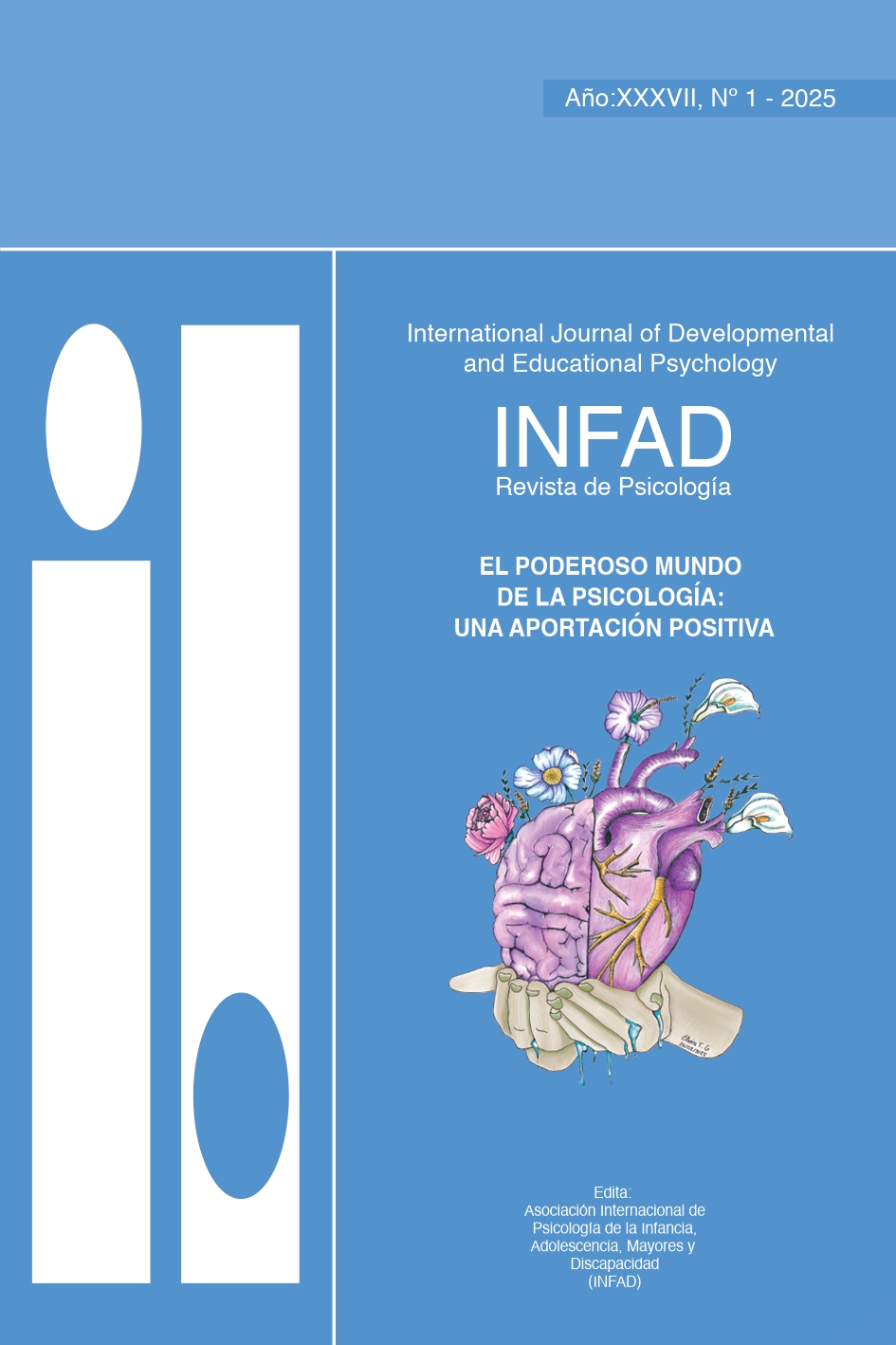Reversing diabetes: myth or reality?
Main Article Content
Abstract
Long gone are the days when men added knowledge and drew on maps, New Lands, in a time called DISCOVERIES, where the motivation to find new foods - spices, sugar cane, coffee - gave strength to install the company SLAVERY that, with blood, sweat and tears developed the production of sugar that has never stopped until today and as far as we can read in this fantasy mantle that has fed the world until our time, will never end! The Ebers Papyrus from Ancient Egypt already mentioned diabetes, which has never disappeared and has instead become the biggest silent epidemic of our time, giving life to a multitude of diseases and their treatments that make the pharmaceutical industry happy with the billions it makes every year! In recent years, Quaternary Prevention has given hope to all those whoanother look at the problem of health/disease, invest in new lifestyles, accept the importance of lifestyles, accepting the importance of diet and physical exercise in daily metabolic control metabolic control, will be able to reverse this phantom disease / type II and III diabetes, which has come from the night of time and is now enormously widespread, even contributing to Alzheimer’s disease. Some say yes!
Article Details
Section

This work is licensed under a Creative Commons Attribution-NonCommercial-NoDerivatives 4.0 International License.
Attribution — You must give appropriate credit, provide a link to the license, and indicate if changes were made. You may do so in any reasonable manner, but not in any way that suggests the licensor endorses you or your use.
NonCommercial — You may not use the material for commercial purposes.
NoDerivatives — If you remix, transform, or build upon the material, you may not distribute the modified material.

This work is licensed under a Creative Commons Attribution-NonCommercial-NoDerivatives 4.0 International License
How to Cite
References
Antunes, J. M. G. R. (2018). Novas lógicas, racionalidaes e contextos na prevençao quaternária. Revista INFAD de Psicología. International Journal of Developmental and Educational Psychology., 4 (1), 99-106.
Antunes, J. M. G. R. (2019). A prevenção quaternária e o iceberg das pseudo–doenças, incidentalomas e afins!. International Journal of Developmental and Educational Psychology. Revista INFAD de Psicología., 5 (1), 411-416.
Brown, A., McArdle, P., Taplin, J., Unwin, D., Unwin, J., Deakin, T., ... & Mellor, D. (2022). Dietary strategies for remission of type 2 diabetes: a narrative review. Journal of Human Nutrition and Dietetics , 35 (1), 165-178.
Castanhola, M. E., & Piccinin, A. (2020). Fisiopatologia da Diabetes e Mecanismo de Ação da Insulina. 9ª Jornada Científica e Tecnológica da Fatec. Botucatu.
Castro, R. M., Silva, A. M., Silva, A. K., Araújo, B. F., Maluf, B. V., & Franco, J. (2021). Diabetes Mellitus e suas complicações- uma revisão sistemática e informativa. Brazilian Journal of Health Review , 4(1), 3349-3391.
Forouhi, N. G. (2023). Embracing complexity: making sense of diet, nutrition, obesity and type 2 diabetes. Diabetologia, 66(5), 786-799.
Goldenberg, J. Z., Day, A., Brinkworth, G. D., Sato, J., Yamada, S., Jönsson, T., ... & Johnston, B. C. (2021). Efficacy and safety of low and very low carbohydrate diets for type 2 diabetes remission: systematic review and meta-analysis of published and unpublished randomized trial data. bmj, 372.
Magkos, F., Hjorth, M. F., & Astrup, A. (2020). Diet and exercise in the prevention and treatment of type 2 diabetes mellitus. Nature Reviews Endocrinology, 16(10), 545-555.
Moriconi, E., Camajani, E., Fabbri, A., Lenzi, A., & Caprio, M. (2021). Very-low-calorie ketogenic diet as a safe and valuable tool for long-term glycemic management in patients with obesity and type 2 diabetes. Nutrients, 13(3), 758.
Santos Lozano, E. (2022). Resistencia a Insulina: Revisión de literatura. Rev. Méd Hondur, 90(1), pp. 63-90.
Taheri, S., Zaghloul, H., Chagoury, O., Elhadad, S., Ahmed, S. H., El Khatib, N., ... & Abou-Samra, A. B. (2020). Effect of intensive lifestyle intervention on bodyweight and glycaemia in early type 2 diabetes (DIADEM-I): an open-label, parallel-group, randomised controlled trial. The lancet Diabetes & endocrinology, 8(6), 477-489.
Taylor, R., Ramachandran, A., Yancy, W. S., & Forouhi, N. G. (2021). Nutritional basis of type 2 diabetes remission. bmj, 374.
Valente, L., Verona, B., Evangelista, G., Siqueira, L., Emery, L., Amorim, L., ... & Tenório, S. (2024). O Impacto das Intervenções Nutricionais na Reversão da Diabetes Mellitus tipo 2: Uma Abordagem da Medicina Personalizada. Brazilian Journal of Implantology and Health Sciences, 6(9), 4076-4089.

